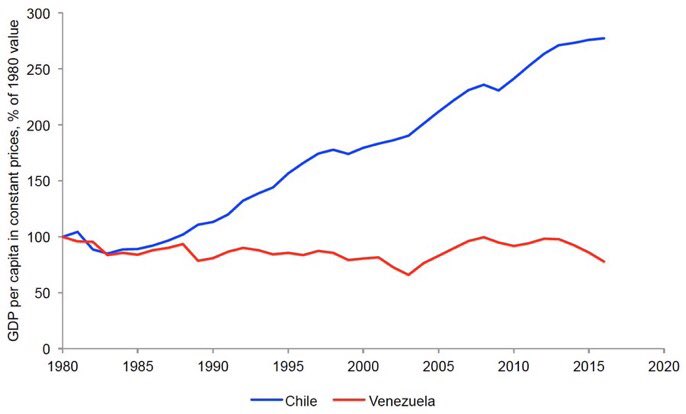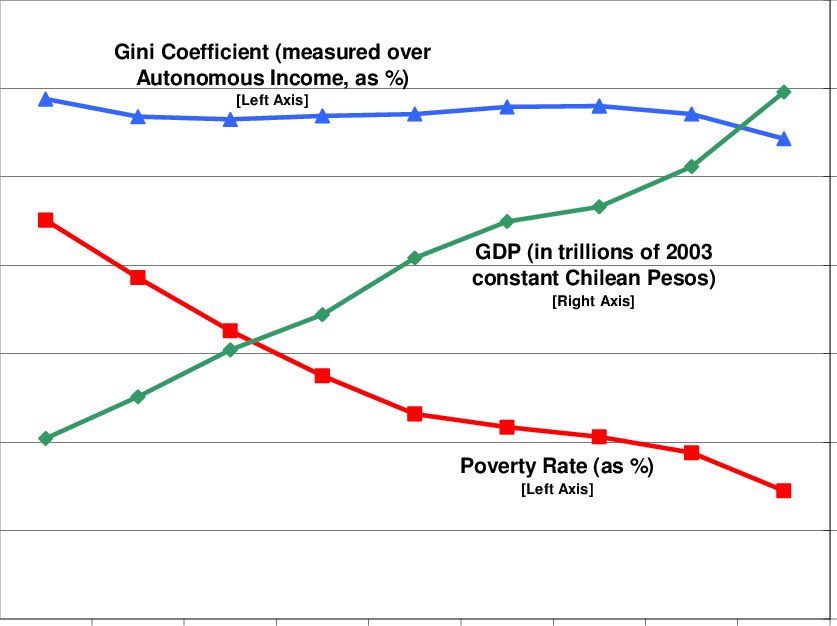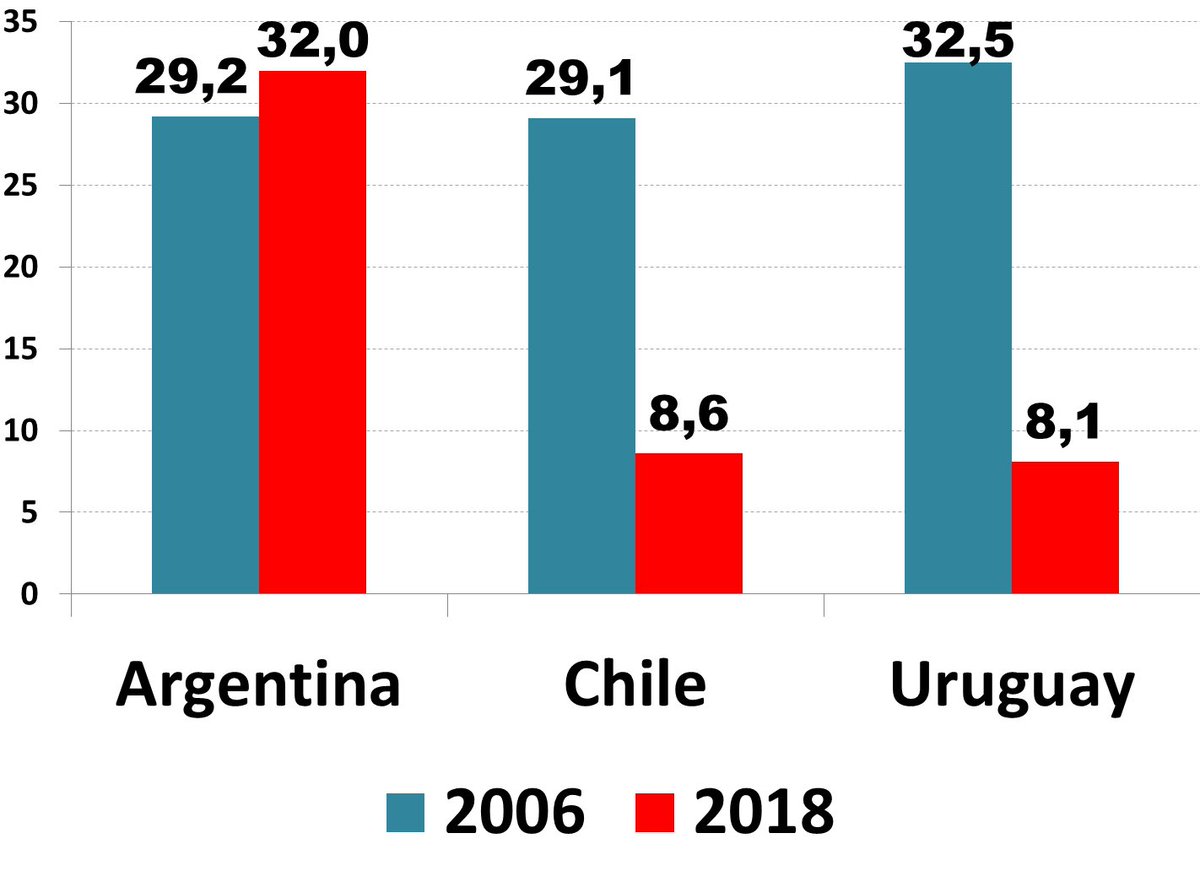Stats and details here: .
Fidel Castro did. Hugo Chavez did.
Argentina is a poorly governed country with corrupt politicians, a huge government, powerful syndicates and a love for socialist policies and subsidies.
forbes.com/sites/hbsworki…
This is an excellent piece covering inequality in Latin America, and why it matters:
repositorio.cepal.org/bitstream/hand…
(source: wir2018.wid.world)

Chart below shows house prices vs average income. Note how aside of China it grows steadily since the 2008 Financial Crisis.
(interactive chart: infographics.economist.com/2017/HPI/index…)

Too many iphones, decaf soy lattes, and trips to Europe?
(source: cnbc.com/2018/05/16/gal…)

(cbsnews.com/news/americas-…)

- increase minimum wages
- make taxation more progressive
- provide financial education
+ an unconventional idea: incentivize larger companies to partially pay employees with shares.
Politicians will try to appease them by implementing measures such as MMT.
See Dalio's piece: linkedin.com/pulse/paradigm…
Bitcoin however may prove extremely valuable as hedge against the TAIL-RISK of fiat systems collapsing, i.e. a put option on central banks without expiry.
cc @santisiri
-Chile is a success due to capitalism
-Protesters blame capitalism for inequality
-Inequality is trending lower but is a problem
-Socialism doesn't work
-Inequality is a growing issue worldwide
-Fight between socialists & capitalists will intensify
-Change is necessary

























